Information for Prospective PhD Students
Are you a PhD student interested to join the Citizens and Technology Lab (CAT Lab)? This page explains more about what we do, what I’m looking for, and what you need to know to apply.
I am recruiting students for the Ithaca-based PhD programs in Communication and Information Science:
- Communication PhD Admissions information (Deadline Dec 1st). Apply to this program if you are excited to advance theory and practice in the social sciences and social policy (tending toward social psychology)
- Information Science PhD Admissions (Deadline Dec 1st). Apply to this program if you are excited to advance theory and practice related to justice/ethics in technology accountability and the design of data science systems
When applying, please name me in your cover letter so I see your application.
Why I’m Recruiting PhD Students
Society needs leaders who can make evidence-based progress towards fairer, safer, more understanding digital environments. At CAT Lab, we are creating a community for people to grow into those leaders, whether you go into academia, civil society, government, or industry.
For guidance on where else to apply, see my post: “So you want to study technology, democracy, and social change?”
About CAT Lab
At CAT Lab, we are advancing a world where digital power is guided by evidence and accountable to the public. We do this by working directly with communities affected by digital power on research that:
- makes a practical difference in people’s lives
- advances scientific knowledge
- contributes to policy
We are distinctive for developing our research agendas directly with affected communities. If you are excited about making knowledge-creation in computing and the social sciences more inclusive, diverse, and democratic, we are the lab for you.
CAT Lab typically takes on several kinds of projects:
- Research studies / audits that contribute to the social sciences, especially focused on human-algorithm behavior and the psychology of social norms (example)
- Computer science papers on novel datasets or systems/algorithms we develop to support those studies (example 1, example 2)
- Projects in computer science and the social sciences that broaden diversity through citizen science and public engagement (example)
- Big-picture review articles that summarize or argue an important point to academics, civil society, and policymakers (example)
CAT Lab’s funding model is independent from the technology industry, which frees us to do public-interest work whether or not companies find our results comfortable.
- Learn more about CAT Lab Research
- Meet the CAT Lab team
Individual CAT Lab members have a history of organizing advocacy related to the topics we study, as well as justice issues in higher education.
What kind of applicants am I looking for?
Right now, I am interested in applicants:
- with training in quantitative social sciences (some understanding of experiments helpful but not required)
- who are interested in participatory research with communities
For more guidance on Communication and Information Science, please see guidance on Communication PhD admissions and Information Science PhD admissions for more details.
Even as you think about working with me, I encourage you to look for other faculty in Communication and Information Science who you might be able to work with. There will likely be multiple faculty who are excited to work with you!
What will you work on?
One purpose of the PhD is to support your personal growth toward your own ideas and initiatives that you imagine and put into the world.
Along the way, you will receive mentorship from me and community from CAT Lab, your department, and Cornell. Joining CAT Lab means accepting the idea that our research agenda is co-developed with community partners.
Some of your early projects will likely come out of the lab’s existing relationships and commitments. Over time as a lab member, we will support you to develop novel projects alongside communities. You will also have many opportunities to develop collaborations with other faculty and students at Cornell.
We are currently working on projects involving:
- developing scientific theories to explain and govern human-algorithm feedback
- improving online dialog and knowledge creation (social norms)
- strengthening participation and discourse by marginalized voices
- improving civic discourse during political conflict (social norms)
- scaling citizen science audits of digital power
- governing encrypted chat systems in democratic ways

Wikipedians gather at our research summit in Stockholm, 2019. Photo by 1rhb via Wikimedia Commons (CC BY-SA 4.0)
How will you be funded?
As a PhD student, you can expect to be fully funded during the standard PhD length so long as you are in good academic standing. Here are the sources of funding you will have available to you as a PhD student:
Because CAT Lab is an industry-independent research lab, we have fewer funding sources than other labs. Despite that, the lab has led or participated in over 6 million dollars in grants and donations since its founding. While most of these funds support CAT Lab’s professional staff, community organizers, and software systems, we can also fund semesters as research assistants on pre-existing projects.
When I was a PhD student, the art of fundraising was one of the most valuable skills I learned from my advisor Ethan Zuckerman. At CAT Lab, you will get mentorship in the strategy and craft of raising funds for academic, nonprofit, and for-profit ventures.
Graduate teaching opportunities will also provide a regular source of your funding. These essential experiences will grow your capacities as a public communicator, institution builder, and designer of equitable systems. Teaching will also prepare you for a possible career in academia. I am eager to advise students who have an appetite for investing in others through teaching.
Cornell also offers several fellowships in support of diversity. If you qualify, please include the required materials in your application, as described by the Communication or Information Science admissions guides.
If you want to apply for graduate fellowships, I will support those applications, including summer internships and funding from technology firms. To avoid penalizing students for exploring valuable industry opportunities, we have a conflict of interest policy. Corporate-funded projects will be done independently from CAT Lab’s name/staff/resources. While funded by a company, you will also need to step aside from any CAT Lab project that involves that company, which is pretty standard corporate policy as well.
Current Students
Here is a list of the students I’m lucky enough to advise and serve as a committee member. I ask you to respect student time; please don’t contact them to ask them about CAT Lab. Students, especially those who are under-represented in science, sometimes face an overwhelming number of requests for service, and one of my jobs as a faculty member is to protect their time. Thanks!
Lucas Wright
 Lucas is a graduate student in the Department of Communication at Cornell University. His research focuses on how online platforms regulate the behavior of users, especially through automated, algorithmic interventions. I am Lucas’s PhD advisor. We have been working together on research related to online harassment, content moderation, and the governance of algorithms
Lucas is a graduate student in the Department of Communication at Cornell University. His research focuses on how online platforms regulate the behavior of users, especially through automated, algorithmic interventions. I am Lucas’s PhD advisor. We have been working together on research related to online harassment, content moderation, and the governance of algorithms
- Matias, J.N. Wright, L. (2022) Impact Assessment of Human-Algorithm Feedback Loops. Social Science Research Council.
- Wright, L. (2022) Automated Platform Governance Through Visibility and Scale: On the Transformational Power of AutoModerator. Social Media+ Society, 8(1), 20563051221077020.
- Matias, J., Mou, M., Penney, J., Klein, M., & Wright, L. (2021) Do Automated Legal Threats Reduce Freedom of Expression Online? Preliminary Results from a Natural Experiment.
Jennifer Otiono
 Jennifer (she/they) is a PhD student in the Information Science Department at Cornell University. Jennifer’s research focuses on Human-AI interaction and how it engages with black digital life and identity, entrepreneurial content creators, and creativity, including AI ethics, accountability, and reparation.
Jennifer (she/they) is a PhD student in the Information Science Department at Cornell University. Jennifer’s research focuses on Human-AI interaction and how it engages with black digital life and identity, entrepreneurial content creators, and creativity, including AI ethics, accountability, and reparation.
- Otiono, J., Matias, J.N. Why Have Algorithms Stopped Promoting Black History Month?. Citizens and Technology Lab
Alexandra Gonzalez
 Alexandra (she/her/hers) is pursuing her Ph.D. in the Information Science department at Cornell University. Alexandra focuses on the intersectionality of cybersecurity, public policy, and children’s online safety. Her previous research includes projects addressing critical issues such as sextortion, malware, and IOT device security. In addition to her academic pursuits, Alexandra brings practical experience as an Information Security Analyst and has also served as an Adjunct Professor.
Alexandra (she/her/hers) is pursuing her Ph.D. in the Information Science department at Cornell University. Alexandra focuses on the intersectionality of cybersecurity, public policy, and children’s online safety. Her previous research includes projects addressing critical issues such as sextortion, malware, and IOT device security. In addition to her academic pursuits, Alexandra brings practical experience as an Information Security Analyst and has also served as an Adjunct Professor.
Marianne Aubin le Quere
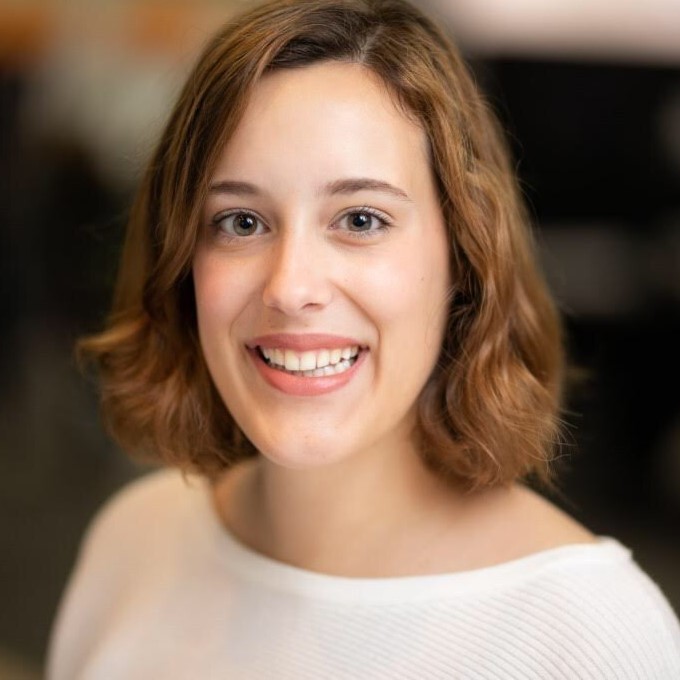 Marianne is a PhD student at Cornell Tech who studies news metrics and engagement, particularly in the context of local news ecosystems. I advised Marianne’s first year at Cornell. We developed the Upworthy Research Archive together. I now serve on Marianne’s committee.
Marianne is a PhD student at Cornell Tech who studies news metrics and engagement, particularly in the context of local news ecosystems. I advised Marianne’s first year at Cornell. We developed the Upworthy Research Archive together. I now serve on Marianne’s committee.
- Matias, J. N., Munger, K., Le Quere, M. A., & Ebersole, C. (2021). The Upworthy Research Archive, a time series of 32,487 experiments in US media. Scientific Data, 8(1), 1-6.
Past Students
I am so grateful for and proud of the students who I have gotten to work with over the years.
Dr. Jonathan Zong
 Jonathan is a visual artist and computer scientist who uses design as a method for understanding how interaction mediates the relationship between abstract data models and the social world. I advised Jonathan’s undergraduate thesis at Princeton, he was a visiting graduate fellow at CAT Lab in 2019. After a PhD in Computer Science at MIT, Jonathan took up a position as a fellow at the Berkman-Klein Center at Harvard in advance of starting a faculty position at the University of Colorado Boulder Information Science department. We have developed numerous projects together focused on software design and research ethics. I served on Jonathan’s PhD committee.
Jonathan is a visual artist and computer scientist who uses design as a method for understanding how interaction mediates the relationship between abstract data models and the social world. I advised Jonathan’s undergraduate thesis at Princeton, he was a visiting graduate fellow at CAT Lab in 2019. After a PhD in Computer Science at MIT, Jonathan took up a position as a fellow at the Berkman-Klein Center at Harvard in advance of starting a faculty position at the University of Colorado Boulder Information Science department. We have developed numerous projects together focused on software design and research ethics. I served on Jonathan’s PhD committee.
-
- Zong, J., Matias, J.N. (2023) Data Refusal From Below: A Framework for Understanding, Evaluating, and Envisioning Refusal as Design. ACM Journal of Responsible Computing
- 2020 · From Individual Consent to Collective Refusal · Jonathan Zong. ACM XRDS (Crossroads).
- 2018 · Automated Debriefing: Interface for Large-Scale Research Ethics · Jonathan Zong, J. Nathan Matias. Companion of the 2018 ACM Conference on Computer Supported Cooperative Work and Social Computing. (Best Demo Award)
Dr. Aparajita Bhandari
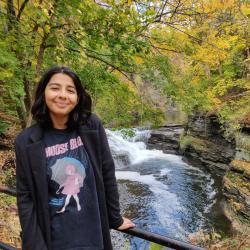 Aparajita studies social media and social movements, algorithms and governance of platforms, and technology and community. Iserved on Aparajita’s PhD committee and have supported her work on digital infrastructure projects led by homeless people in New York City. I served on PhD Aparajita’s committee.
Aparajita studies social media and social movements, algorithms and governance of platforms, and technology and community. Iserved on Aparajita’s PhD committee and have supported her work on digital infrastructure projects led by homeless people in New York City. I served on PhD Aparajita’s committee.
Dr. Maurice Jakesch
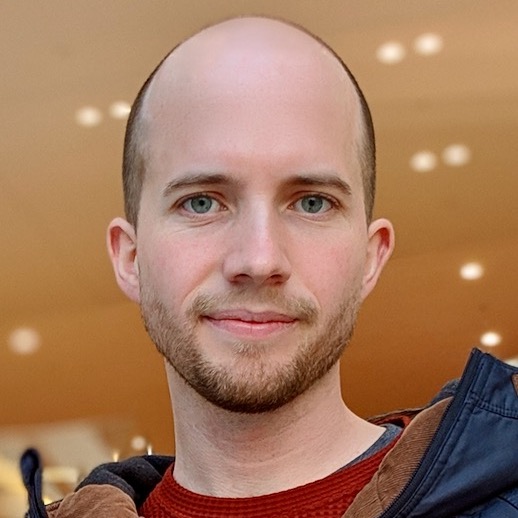 Maurice was an Information Science PhD candidate at Cornell Tech, where he studied how people decide what’s credible or authentic in a networked society. I served on Maurice’s PhD committee.
Maurice was an Information Science PhD candidate at Cornell Tech, where he studied how people decide what’s credible or authentic in a networked society. I served on Maurice’s PhD committee.
Prateek Rai
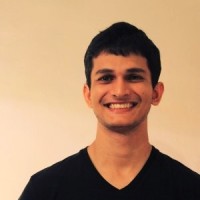 Prateek completed his Master’s degree in Information Science at Cornell in 2020. That year, he worked with CAT Lab on a project to evaluate web browser privacy protections. After Cornell, Prateek joined a platform trust and safety team as a data scientist.
Prateek completed his Master’s degree in Information Science at Cornell in 2020. That year, he worked with CAT Lab on a project to evaluate web browser privacy protections. After Cornell, Prateek joined a platform trust and safety team as a data scientist.
Audrey Chebet
 Audrey completed her undergraduate degree in the Princeton University Psychology Department with minors in Neuroscience and African Studies. I advised Audrey’s undergraduate thesis focused on making online spaces safer for women.
Audrey completed her undergraduate degree in the Princeton University Psychology Department with minors in Neuroscience and African Studies. I advised Audrey’s undergraduate thesis focused on making online spaces safer for women.
Merry Ember Mou
 Merry worked with me on the very first CAT Lab software systems as a computer science masters student in the MIT Internet Policy Research Initiative. Merry now works as a software engineer in information security.
Merry worked with me on the very first CAT Lab software systems as a computer science masters student in the MIT Internet Policy Research Initiative. Merry now works as a software engineer in information security.
- Matias, J. N., & Mou, M. (2018, April). CivilServant: Community-led experiments in platform governance. In Proceedings of the 2018 CHI conference on human factors in computing systems (pp. 1-13).
- Matias, J., Mou, M., Penney, J., Klein, M., & Wright, L. (2021). Do Automated Legal Threats Reduce Freedom of Expression Online? Preliminary Results from a Natural Experiment.
Alyssa Smith
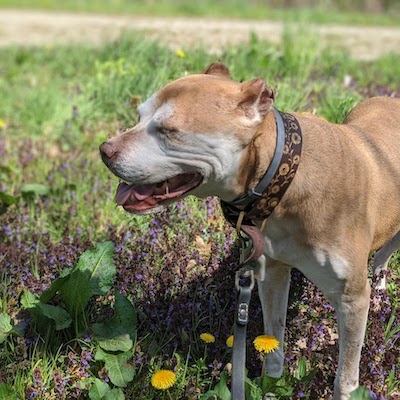 Alyssa is a PhD student at Northeastern University’s Network Science Institute, interested in argumentation and community-building online. I advised Alyssa as an undergraduate at MIT and supported projects on polarization in online media, privacy, and mental health online.
Alyssa is a PhD student at Northeastern University’s Network Science Institute, interested in argumentation and community-building online. I advised Alyssa as an undergraduate at MIT and supported projects on polarization in online media, privacy, and mental health online.
- Smith, Alyssa (2015) Bridges or Hate-Links? THe Meaning of Common Links in Media Conflict. MediaCloud
Joanna Kao
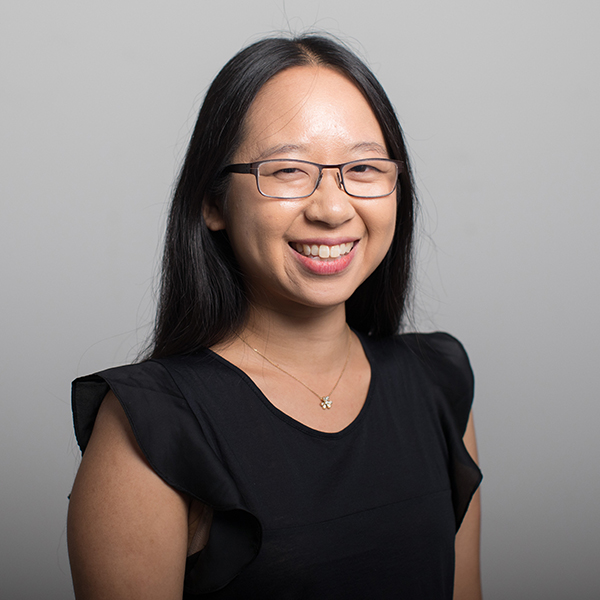 Joanna is a data journalist. When Joanna was an undergraduate at MIT, I advised her project to create software for real-time curation of online video for journalistic storytelling. After graduating, Joanna taught dataviz and accessibility at the New School. She is now a journalist-developer at the Financial Times.
Joanna is a data journalist. When Joanna was an undergraduate at MIT, I advised her project to create software for real-time curation of online video for journalistic storytelling. After graduating, Joanna taught dataviz and accessibility at the New School. She is now a journalist-developer at the Financial Times.
Sophie Diehl
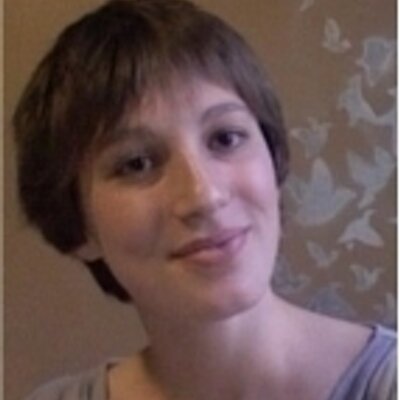 Sophie is an artist and engineer. As an undergraduate at MIT, Sophie worked with me on a series of research projects that visualized gender representation on Wikipedia and organized people to broaden gender inclusion online.
Sophie is an artist and engineer. As an undergraduate at MIT, Sophie worked with me on a series of research projects that visualized gender representation on Wikipedia and organized people to broaden gender inclusion online.
- Matias, J. N., Diehl, S., & Zuckerman, E. (2015, April). Passing on: Reader-sourcing gender diversity in Wikipedia. In Proceedings of the 33rd Annual ACM Conference Extended Abstracts on Human Factors in Computing Systems (pp. 1073-1078).
Diversity and Inclusion
As a white-passing Guatemalan-American whose family moved to the U.S. during the civil war and genocide, I sit at the confluence of key themes in diversity and inclusion, especially ones related to power and access. Throughout my career, I have worked to support students to create transformation from within science and academia.
- Matias, J. N. (2023) To Hold Tech Accountable Look to Public Health: The field of public health has transformed medicine, yet failed the most vulnerable. This trajectory can be avoided. WIRED.
At CAT Lab, we very deliberately structure our outreach/collaborations to be globally and socially diverse. With the help of our collaborators at Global Voices, we have also designed our work to include people from many countries speaking many different languages.
In recent years, I have:
- Helped re-design the graduate admissions process to be more inclusive
- Led trainings for under-represented minority graduate students on how to have a public voice and manage the risks of harassment
- Led and supported efforts to change how charitable foundations think and act on funding diversity
- Re-worked course syllabi to include more readings from a wider range of identities, including perspectives from the Global South
- Volunteered with initiatives that broaden the pipeline for women and under-represented minorities in higher education
- Published multiple academic articles and news articles about diversity in science
I am especially energized when contributing to projects that support excellence among people who aren’t commonly included in academia—people who I am excited to see grow personally as your perspectives and creativity transform your institutions and your fields.
Questions / Answers
- Does CAT Lab advise current Cornell undergraduate students for senior theses and other projects? Right now CAT Lab is not recruiting new research assistants to contribute to projects during their undergraduate degree, sorry!
- Can we meet up before I apply? If you’re thinking about applying, that’s a good sign you should apply! To keep things fair for everyone, I have decided not to hold meetings with prospective applicants in advance of the admissions date. I hope this document answers common questions.
- Can I join CAT Lab from Cornell Tech? Although CAT Lab meets at Cornell Tech in New York City regularly, I am not currently able to advise PhD students based at Cornell Tech.

 @natematias
@natematias